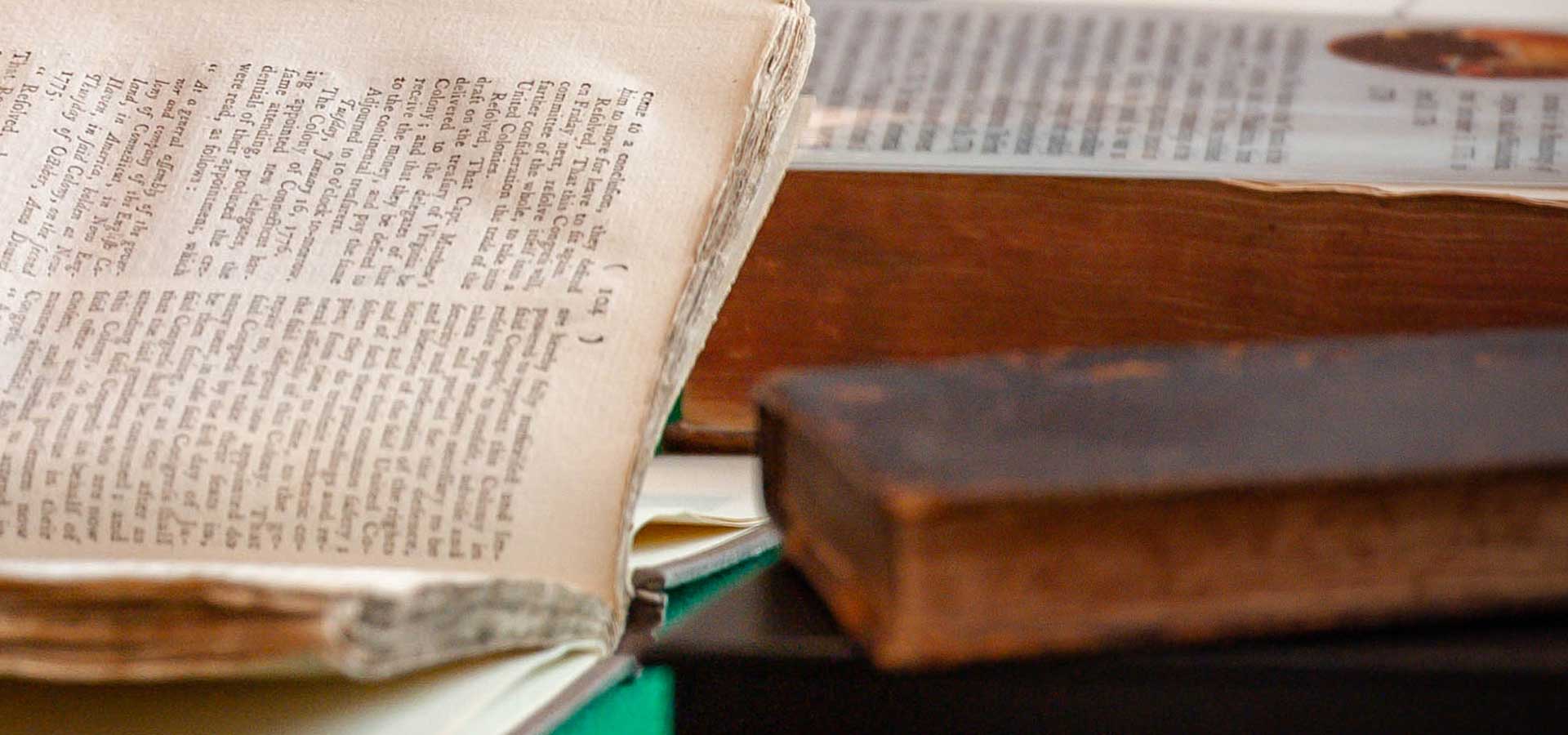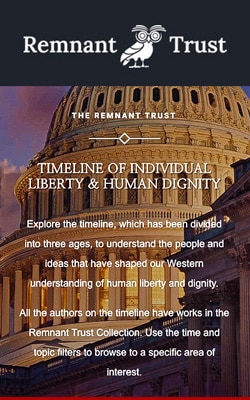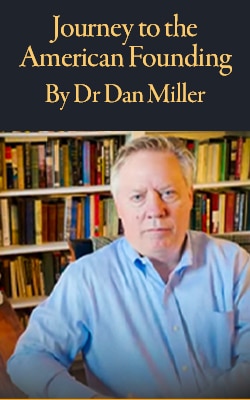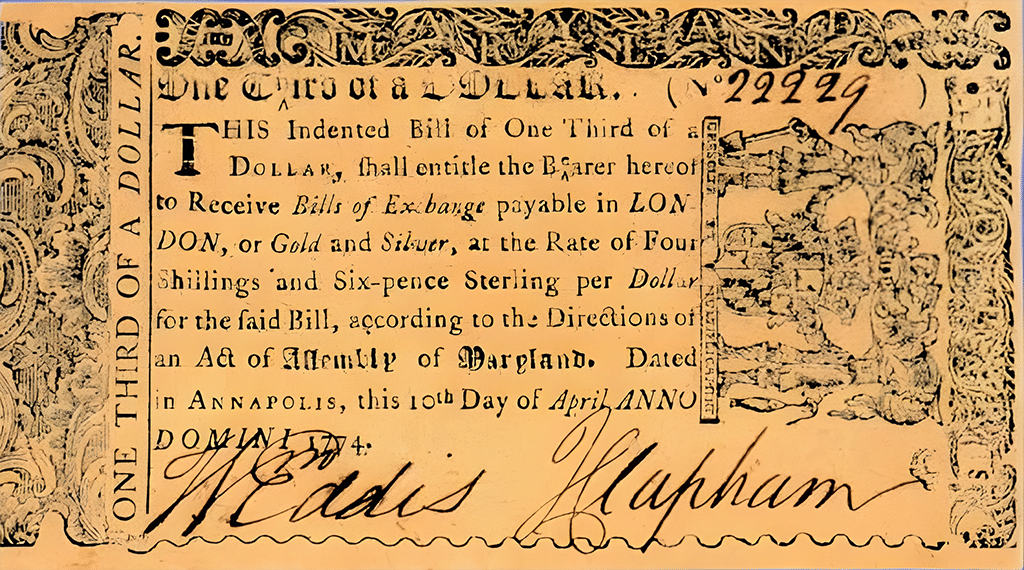Excerpts from: Americanism Redux: April 11, on the journey to the American Founding, 250 years ago today, in 1774
Money shows its importance in a variety of ways on this day and week 250 years ago. A new printing of currency is approved by the Maryland colonial legislature, the actual print contract goes to a woman who owns a newspaper. Town officials offer money to a town resident for part of his land used in making a road. A man going to jail writes to a friend for money to post as bail so he can protect his family. A German immigrant gains sufficient wealth to earn stature in his adopted town and becomes, among other things, a county justice of the peace. A young man fills a journal with a combination of monetary transactions and spiritual writings.
And far to the west, in the Spanish Empire along the Rio Grande and the Mojave Desert, the absence of money coincides with a shocking state of poverty.
Americanism Redux, a series by historian author, Dr. Dan Miller, explores what Americanism meant 250 years ago and its significance for America today. Visit Dr Dan Miller’s website>

Reference: The Remnant Trust Collection
In the Boston Gazette a writer known as “The Preacher” has an essay printed for the reading audience. The Preacher urges readers to remember God’s control of their lives since New England’s earliest European settlements in 1620. The Preacher’s writing taps into a regional character where religion plays a key role. Item (#0112) in the Remnant Trust’s archives is an example of that role—see Jonathan Edwards’s “A Careful and Strict Enquiry into the Modern Prevailing Notions of that Freedom of Will,” published in 1754. Edwards was a monumental religious influence on 18th century New England.
View The Remnant Trust “Wisdom of the Ages Athenaeum PDF for reference>




